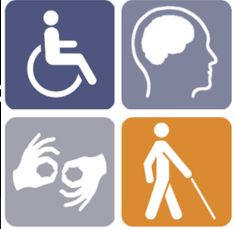Bss review (2-3-4)
Cornell notes
🌟 Cues
- Poverty, social inequality, and mental health
- Relationship between social class and health inequalities.
- Social determinants affecting health disparities.
- Working memory, attention, and anxiety in patients
- Memory processes and stages (encoding, storage, retrieval).
- Impact on patient understanding of health info.
- Pain management and biopsychosocial model
- Gate control theory of pain, cognitive and behavioral processes.
- Social context of pain and disability.
- Sensation and perception
- Sensory processing (bottom-up vs. top-down).
- Impact of perception on daily activities, including hearing loss.
🗒️ Notes
- Case 1: Poverty and Social Inequality
- Health inequalities aren’t limited to rich vs. poor; manual workers experience higher mortality.
- Social determinants (location, race, gender, class) heavily influence health, all tying back to poverty.
- Social structures that prioritize wealth and individualism disadvantage lower social classes.
- Case 2: Working Memory & Patient Comprehension
- Memory operates in three stages: encoding, storage, retrieval.
- Types of memory include sensory, short-term, long-term, and working memory.
- Attention, anxiety, and working memory influence how patients understand medical information.
- Case 3: Pain Perception and Biopsychosocial Model
- Pain involves physiological, cognitive, and behavioral components (e.g., gate control theory).
- Pain behaviors are influenced by learned responses, and catastrophizing (rumination, magnification, helplessness) worsens pain.
- Disability is socially constructed; models of disability include moral, medical, and social.
- Case 4: Sensation, Perception & Hearing Loss
- Sensation is the raw data from our senses; perception organizes and interprets this data.
- Hearing loss can lead to psychological and social consequences, including isolation and difficulty with relationships.
- Untreated hearing loss is linked to depression, loneliness, and cognitive decline.
📝 Summary
The lecture reviewed four key cases relating to poverty, memory, pain, and perception. Health inequalities are deeply rooted in social determinants such as class and poverty, affecting mental and physical health. Memory and cognitive processes play a significant role in how patients process health information, while the biopsychosocial model offers a comprehensive understanding of pain. Lastly, sensory and perceptual processes affect everyday experiences, particularly for individuals with hearing loss, impacting their social, emotional, and psychological well-being.
🗃️ Recall
⭐ Rate lecture ease
1=Hard 5=Easy

